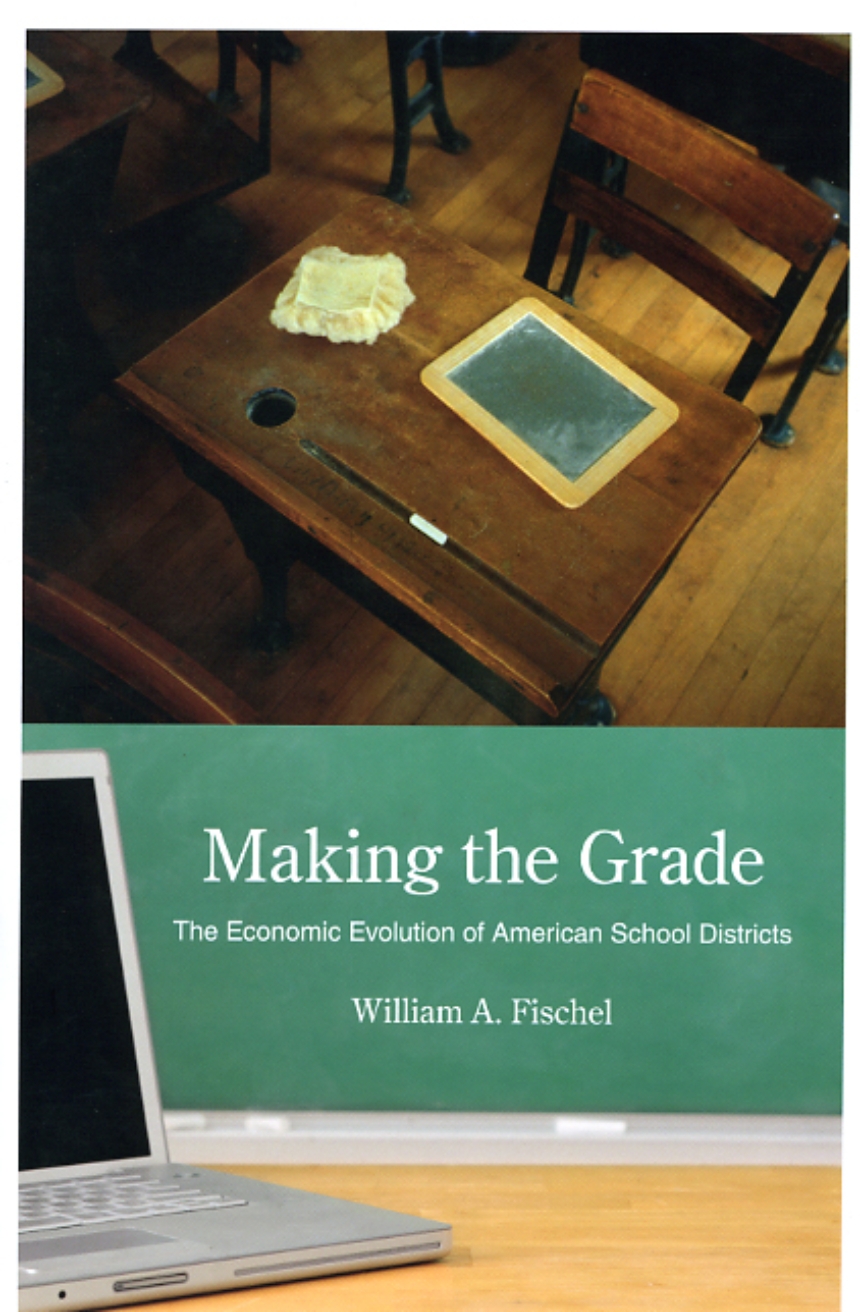Making the Grade
The Economic Evolution of American School Districts
A significant factor for many people deciding where to live is the quality of the local school district, with superior schools creating a price premium for housing. The result is a “race to the top,” as all school districts attempt to improve their performance in order to attract homebuyers. Given the importance of school districts to the daily lives of children and families, it is surprising that their evolution has not received much attention.
In this provocative book, William Fischel argues that the historical development of school districts reflects Americans’ desire to make their communities attractive to outsiders. The result has been a standardized, interchangeable system of education not overly demanding for either students or teachers, one that involved parents and local voters in its governance and finance. Innovative in its focus on bottom-up processes generated by individual behaviors rather than top-down decisions by bureaucrats, Making the Grade provides a new perspective on education reform that emphasizes how public schools form the basis for the localized social capital in American towns and cities.
304 pages | 1 halftone, 12 line drawings, 10 tables | 6 x 9 | © 2009
Education: Education--Economics, Law, Politics, History of Education
Reviews
Table of Contents
Preface
chapter 1. Introduction:Mobility, Property, and Community
chapter 2. Early American Land Policies and the Marvelously Efficient One-Room School
chapter 3. Explaining the School District Consolidation Movement
chapter 4. “Will I See You in September?” Labor Mobility and the Standard School Calendar
chapter 5. The Economic Geography of School Districts
chapter 6. Education Reforms and Social Capital in School Districts
Reference List
Index